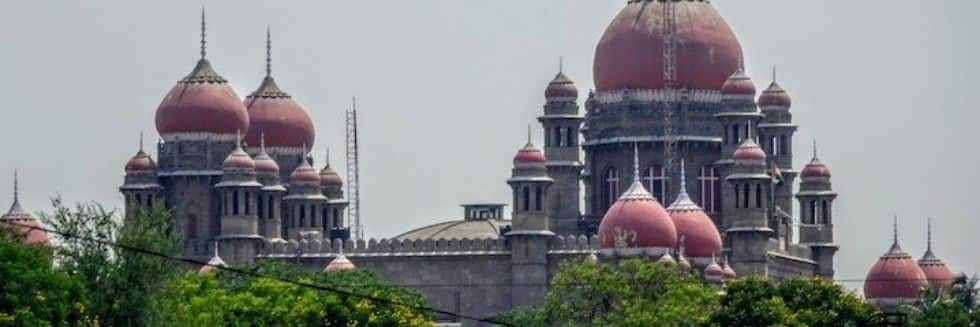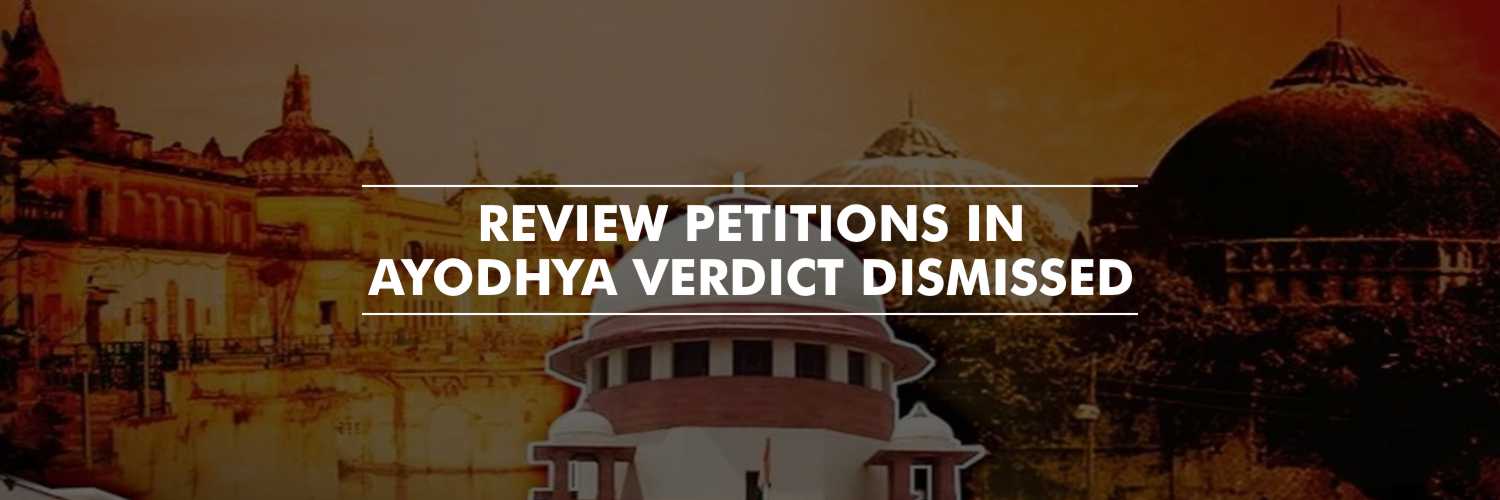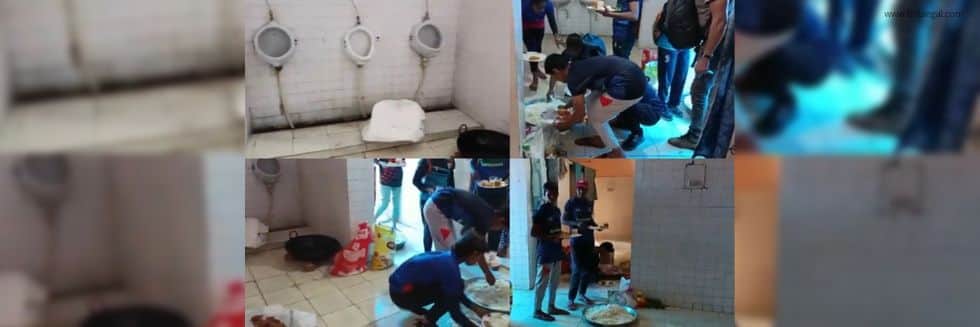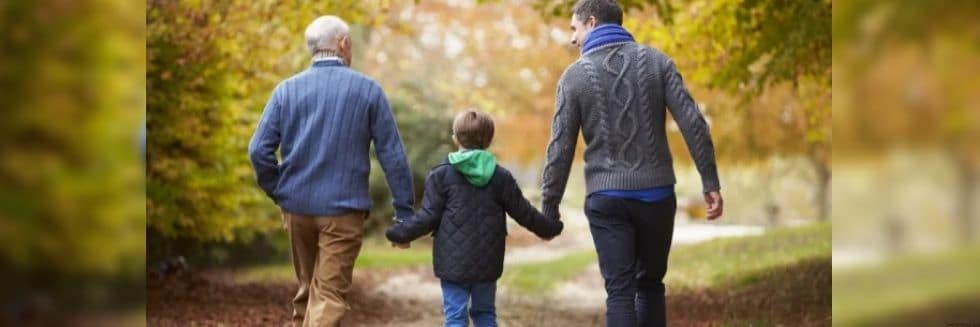Telangana High Court has issued directions to the state government to ensure that the principles of natural justice are followed properly in the disposal of pending cases by Special Revenue Tribunals.
Special Revenue Tribunals are constituted under Telangana Rights in Land and Pattadar Passbooks (Special Tribunals) Rules, 2021.
A division bench of the court, comprising Chief Justice Hima Kohli and Justice B Vijaysen Reddy issued the directions to furnish district-wise data in connection to the cases transferred to special Tribunals which were earlier pending with the revenue authorities.
“Don’t dispose of cases in a hurry and scurry manner. Give both the parties the opportunity of hearing. For several decades, lawyers have been appearing in revenue courts. So they should be allowed in special tribunals as well. Follow principles of natural justice in disposal of cases,” the bench noted.
The order was passed in connection to a petition filed by an advocate from Bhadradri Kothagudem district, N Srinivasa Rao. In his petition, he sought the directions to special tribunals to provide proper opportunity of hearing to the parties before disposing of the statutory appeals transferred to them for adjudication.
Earlier, Advocate General BS Prasad had submitted a counter-affidavit filed by the state government represented by chief secretary Somesh Kumar. It stated that as per the rules, proceedings before the tribunals should be concluded as far as possible within a period of one month. “Special tribunals are meant for the disposal of all cases, which have been pending for long,” he further added.
AG Prasad submitted that most of the cases transferred to special Tribunals have already been disposed of. “In any case, the aggrieved party is always entitled to challenge the orders passed by the tribunals before appropriate fora,”he added.
Showing dissatisfaction towards the answer, the division bench said, “there has been a practice of arguing a case before revenue courts by the lawyers concerned. Similarly, necessary notices have to be issued to the parties concerned and fix a date for hearing them before passing orders.”






